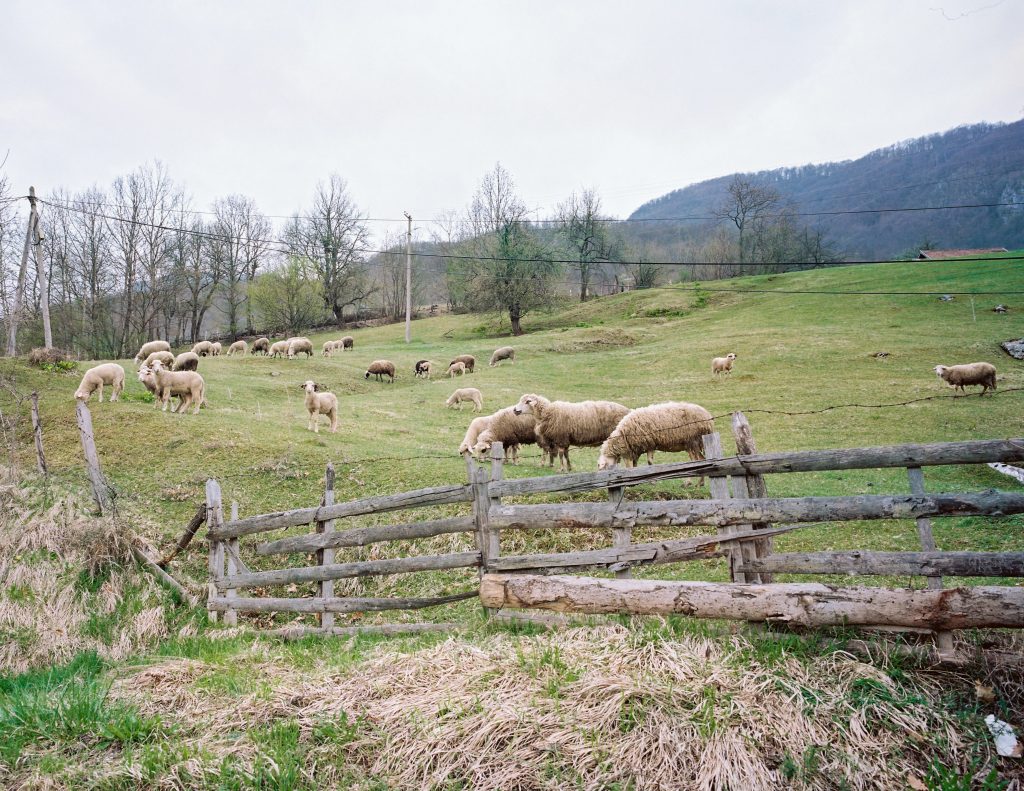Loneliness, financial insecurity and inadequate digital infrastructure contribute to farmers’ poor mental health. These must be addressed – and the stigma needs to go, writes Dr Alisha Davies
For generations, farmers and their families in Wales have responded to significant adverse events, alongside everyday challenges faced by those who work with the land. Be that managing adverse weather conditions, animal health and preventing disease, market forces for their produce, financial pressures, regulation and frustrating digital infrastructures (or lack thereof), loneliness and isolation – through to longer term concerns about the sustainability and viability of the family business.
These are some of the challenges raised by many of the organisations and farmers themselves who contributed to our recent publication Supporting farming communities at times of uncertainty published jointly by Public Health Wales and the Mental Health Foundation. We were told that the accumulation of these worries, alongside a culture of not wanting to be seen to need or ask for help or advice, has a detrimental impact on the health and wellbeing of farmers and their families.
These findings ring especially true for me. I am a farmer’s daughter, the fourth generation of our farm in Northern Ireland where my Dad, at the age of 70, is still milking a dairy herd. Visits home are a mix of wonderful days where my children play in the same fields I did as a child, through to difficult discussions about viability, succession planning and more.
As the UK moves towards leaving the European Union, it brings with it further considerable uncertainty and the potential impact of Brexit on the farming sector in Wales in particular has been highlighted by others. The need to also protect against the potential detrimental impact of such uncertainty on health and mental wellbeing is not often recognised nor addressed in planning and response.
Yet, the benefits of a resilient farming sector extends beyond the farmers themselves contributing towards the health and wellbeing of rural communities, local economies and Welsh culture. Therefore actions to support improving the mental health and wellbeing of farmers and their families and workforce is of considerable importance.
We developed a framework for action to prevent adversity (where possible); where we can’t prevent adversity, then we need to protect against its potential impact on mental wellbeing; and lastly for a longer term approach to promote health and wellbeing amongst our farming communities.
Our report draws on lessons from across international examples of programmes supporting farming families and communities, and has been shaped by the excellent engagement and valued contributions of the many organisations working in these sectors in Wales. There are a number of examples from Australia and New Zealand which have worked to strengthen health as an asset in the farming sectors, and to raise awareness of mental wellbeing and support, and bring together different sectors including health, vets, mental health specialists, the regulatory sectors, and farmers themselves.
Within Wales, there are a number of organisations which offer support and advice specific to farmers, providing a confidential service for information across financial concerns, business management support, succession planning and offering support for good mental health and wellbeing.
However, there is a lack of evidence based programmes which demonstrate a positive impact on outcomes for farmers, so there is very urgent need for better evaluation to understand what works and for whom.
The views and the evidence were collated to form a number of recommendations, beginning with a focus on preventing and addressing uncertainty through developing a shared vision for the farming sector in Wales, highlighting its value as a natural resource supporting the Well-being of Future Generations.
This should also go alongside practical actions which if addressed could help to lessen the anxiety and stress, potentially protecting against the impact of challenge and uncertainty on mental wellbeing. These were to:
- streamline the administrative and regulatory burden, and address digital exclusion in rural communities,
- work with farmers to develop different approaches to ensure the business support and workplace health programmes available reach the most vulnerable,
- encourage different agencies to work in partnership with the farming community to develop support.
Lastly, actions to promote the mental health and wellbeing amongst farmers and farming communities included i) supporting a change in farming culture, to address the stigma associated with seeking advice or support for business or health challenges; ii) developing and testing approaches to increase mental health awareness amongst all; iii) alongside peer-to-peer models to meet the mental wellbeing needs of the most vulnerable.
Through undertaking this work, we have brought together many different organisations doing excellent work in this area, and they themselves could see the value in continuing the partnership approach to supporting our farming communities in Wales.
With farmers themselves being key – farming families are an integral part of Wales, shaping our natural environment, culture and contributing to the wellbeing of the Welsh population and our economy.
Support for farmers is available from DPJ Foundation, FCN, Tir Dewi, RABI, Farming Connect and a full list of organisations is on page 33 of the report.
Photo by Momcilo Popov on Unsplash
All articles published on Click on Wales are subject to IWA’s disclaimer.





